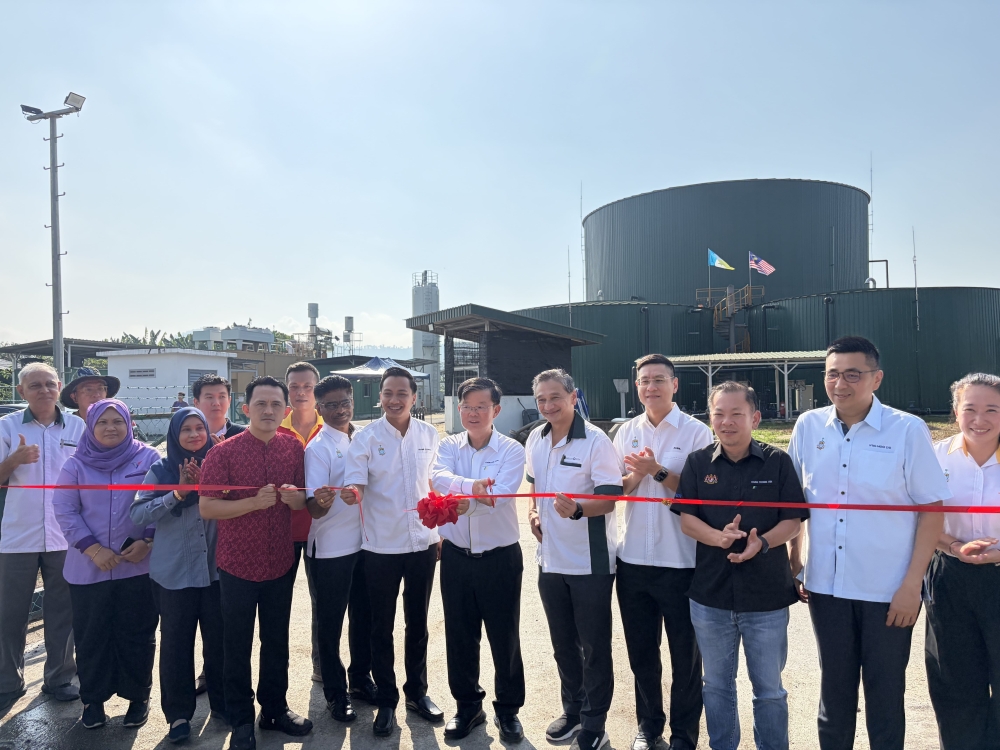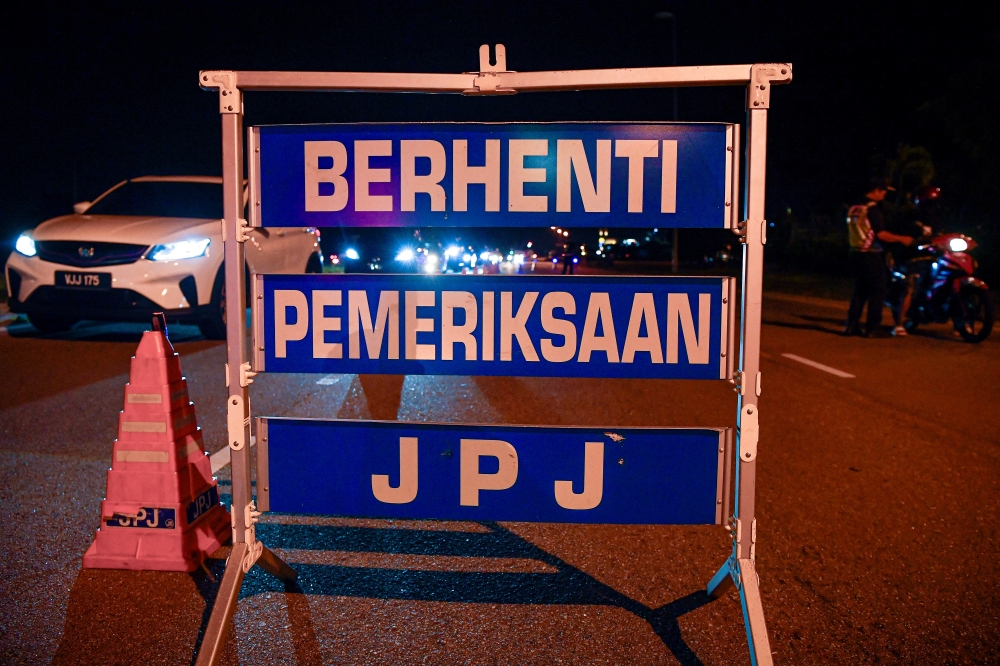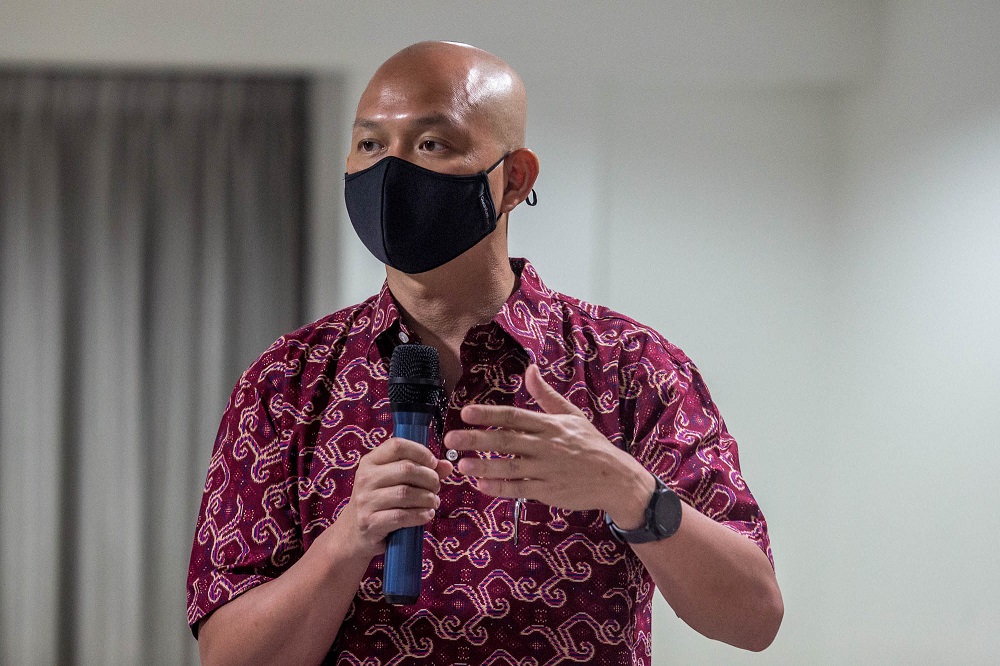KUALA LUMPUR, June 7 — An Opposition MP has once again questioned the Perikatan Nasional (PN) for executing a “confusing” total lockdown.
According to DAP’s Bangi MP Ong Kian Ming,who is also the former deputy international trade and industry minister, the “total lockdown” was more confusing than the movement control order enforced on March 18, 2020.
“Here is a list of issues I have compiled based on media reports and social media postings over the past one week.
“Twenty issues which we are still unsure about one week into the full lockdown,” he said in a statement today.
In the statement, Ong raised issues including a lack of comprehensive list of which sectors or industries are under the jurisdiction of which ministry, and no information on whether restaurants are allowed to operate if they have not gotten an approval letter from the Ministry of International Trade and Industry (Miti).
“This list (of allowed sectors) has not been published.
“We need to know this information even though the issuing of approval letters has gone back to Miti’s CIMS 3.0 system.
“This is because the approvals still have to come from the respective ministries and there is still confusion among the ministries themselves as to which sectors they are responsible for,” he said.
As for restaurants, Ong said although food and beverage operations are considered essential services, it is unclear which ministry is responsible for approving the continued operations of the thousands of restaurants in the country.
“The ministry of housing and local government has said that hawkers only need to produce their license to operate from the local authority and not have to wait for the Miti letter to continue to operate.
“But this has not stopped some irresponsible enforcement officers from pressuring hawkers into showing their Miti letter,” said Ong.
To this effect, he said some restaurants continue to remain closed even for take-away orders because they have not gotten their approval letter from Miti yet.
“I have received some reports that the Ministry of Domestic Trade and Consumer Affairs thinks that only franchise restaurants come under its purview but not the non-franchise restaurants.
“The National Security Council (NSC) has not clarified this issue at the time of writing,” he said.
Another area that is facing uncertainties is whether those operating roadside stalls that sell food and drinks can continue to operate without a letter of approval from Miti, Ong said.
“This is similar to the point above except that some of these stalls don’t operate with a valid license from the local authority.
“But how about those who have been given a temporary licence to operate by the local authorities in Kuala Lumpur and Selangor, for example, during the Covid-19 pandemic period?
“Can they continue to operate? Are the enforcement officers clear on this policy?” he asked.
He also pointed out the dubious criteria used to ban the sale of alcohol but on the other hand allow the sale of cigarettes.
“The deputy minister of trade and consumer affairs reportedly said that the sale of alcohol was banned because it is considered as a non-essential item but that the sale of cigarettes would continue to be allowed to cater for the ‘cigarette addicts’.
“Later on, Senior Minister Ismail Sabri Yaakob expressed his confusion over this statement since shops which sell beer such as 7-11 were still being allowed to operate.
“Some supermarkets then closed down the section of their operations selling beer and other alcoholic beverages to comply with the ‘instruction’ from the deputy minister,” he said.
He reminded that regarding this matter, the minister in question has not issued any public statement on this issue.
“I am not advocating for a ban on cigarettes.
“What I am asking, like many other Malaysians, is consistency and clarity in government policies on the part of the government,” he said.
As for the automotive industry, Ong said it is still unsure if automotive or car workshops are allowed to operate if they do not have an approval letter from Miti.
“Even though car workshops are listed as essential under the distributive trade category, it is still unclear which is the ministry that is supposed to give approval for these workshops to continue to operate.
“The Transport Ministry did not list auto workshops under the sectors that are under its jurisdiction for approval in its SMILE application system,” he said.
Based on observations, Ong said many car workshops continue to remain closed.
This, according to Ong, meant that those in the logistics sector needing servicing may face some challenges.
He also pointed out uncertainties faced by the distribution trade sector and those who are supplying the essential services, whether they are allowed to operate and which ministry oversaw them.
”I know of someone who imports various types of PPE (personal protective equipment) to supply to the hospitals and Covid-19 quarantine centres in Malaysia.
“Without getting the approval to operate, his company would not have been able to continue the supply of these essential items to the health ministry.
“He tried applying to the ministry of domestic trade but the website and later, the Google form application, crashed,” he said.
Ong said after the business owner tried various options, only then the latter got the approval.
“I am still unsure as to which ministry does the approval for the particular sector,” he said.
Ong also pointed out other sectors including the maintenance sectors such as air-conditioning maintenance, air circulation systems in factories, plumbers, photocopy machines and printer servicing.
“We don’t know what criteria is being used to approve or not to approve those who are in the essential services supply chain.
“There should have been a clear mapping and understanding of the sectors and companies which are critical to the continued operations of the essential services sectors.
“This can be used as the basis of approving or not approving or approving at a much-reduced capacity, companies which are part of this supply chain.
“As of today, we have not seen such a mapping or heard any explanations from any minister with regard to the bigger picture surrounding the supply chain for essential services,” he said.
In his list of concerns, Ong also asked whether computer and telecommunication shops must close and if the stationery section in supermarkets is to be closed.
“The education minister recently announced that classes will continue to remain online when school reopens on June 13 and 14.
“But many parents who want to repair their laptops and mobile phones used by their children for online learning at home cannot do so because all of these services are shut down the full lockdown.
“Furthermore, even stationary sections of some supermarkets have been shut down thereby preventing parents from even buying stationery for their children to use at home,” he said.
For those who seek traditional Chinese medicine, Ong said he learned that the public cannot do so during the full lockdown.
“The operators of the TCM shops cannot even go to their shops to pack packages of herbs to sent to their customers as they are not considered as an essential service even though they provide health and other related relief to their customers,” he said.
Feeling equally puzzled, Ong said he has received feedback that hair colouring (product) is not allowed to be sold at pharmacies.
“Apparently, some pharmacies sealed up the section of their stores selling hair colouring (product) as it is deemed as a non-essential item.
“I cannot understand why the selling of hair colouring (product) at a pharmacy which is already open can be detrimental in our overall fight against the Covid-19 pandemic,” he said.
Home improvement sections in some shops, for example do-it-yourself (DIY) sections, are also not allowed to be opened, Ong said.
“Apparently, some sections of hardware shops which sell home improvement products have been cordoned off.
“I received a report via tweet that a person couldn’t buy ‘hooks’ for his bathroom from DIY section because this section had been cordoned off,” he said.
Similarly, Ong said electrical appliance stores are also shut and the sections selling some of these items in supermarkets are closed, for instance rice cookers and kettles.
He also said that companies which are in non-essential sectors cannot continue to maintain their data centres in case of emergencies
“I know of a company which is in the non-essential sector but has an important data centre which stores and processes critical information to the financial services sector.
“For these companies, they need to have one or two people on standby to access the data centre in case there is an emergency or if the server breaks down.
“Is MDEC (Malaysia Digital Economy Corporation), the agency under the Ministry of Multimedia and Communications, that is in charge of data centre operations, aware of such issues happening?” he asked.
As for recreational activities, Ong asked why jogging is allowed but cycling is banned.
“I fail to understand why cycling alone is not permitted, especially if this person is cycling within a 10km radius of his or her home.
“Furthermore, some people actually cycle to work (including some factory workers in my constituency) and some people cycle to the morning market to do their grocery shopping.
“Will they be fined for cycling by the enforcement authorities?” he said.
The country is currently under full lockdown since June 1, to curb the spreading of the Covid-19 virus, which saw cases rise close to 10,000 cases in a day.



















